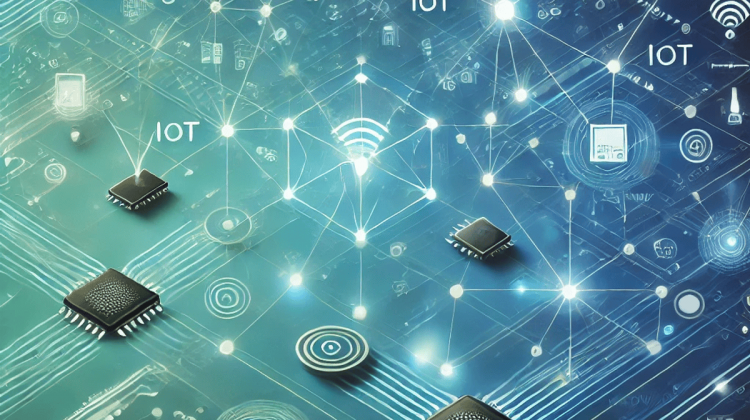
Creator: Packt
Category: Software > Computer Software > Educational Software
Topic: Computer Science, Software Development
Tag: developers, hardware, IoT, real, skills
Availability: In stock
Price: USD 49.00
This course is designed to empower tech enthusiasts and developers by deepening their understanding of how Raspberry Pi and Arduino can work together to create sophisticated IoT systems. You’ll start with a thorough comparison of both platforms, followed by a step-by-step guide on setting up your development environment. The course then dives into the heart of serial communication, teaching you how to establish and debug connections between the two devices. Through hands-on activities, you’ll practice controlling LEDs, servos, and more, reinforcing your skills with real-world applications.
As you progress, the course introduces you to advanced hardware functionalities, enabling you to code and interface with various components like RGB LEDs, buzzers, and LCD screens. You’ll also learn how to integrate a camera and utilize a Telegram bot for remote control and notifications, expanding the versatility of your projects. The practical sections challenge you to apply your knowledge through a series of exercises designed to simulate real-world scenarios, ensuring you’re ready to tackle complex IoT problems. The course culminates in a comprehensive final project where you’ll create a fully operational intercom system. This capstone project integrates all the skills you’ve developed, from protocol definition to hardware initialization, and even includes setting up system automation on boot. By the end of this course, you’ll be equipped with the expertise to design and build advanced IoT systems that leverage the strengths of both Raspberry Pi and Arduino. This course is ideal for tech enthusiasts, developers, and hobbyists with a basic understanding of programming and electronics who want to explore the integration of Raspberry Pi and Arduino. Familiarity with Python and basic electronics is recommended.

